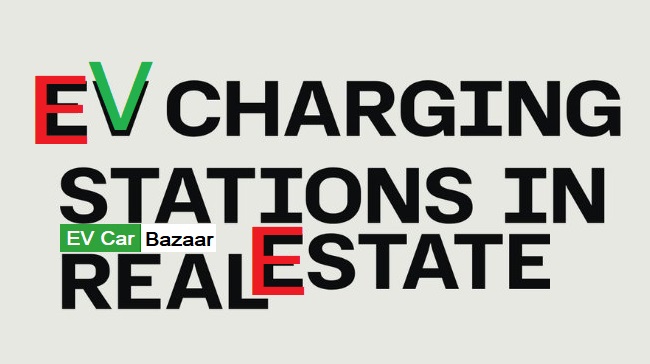EV charging stations are no longer optional add-ons. they are reshaping the way we think about real estate. In 2010 the conversation around electric vehicles (EVs) was still a distant hum. Charging stations were rare carmakers were skeptical and real estate developers hardly imagined that parking spaces would one day need more than concrete lines and overhead lighting. Fast forward to 2025 and the scene has transformed dramatically. Electric vehicles have become the fastest-growing segment in the global automobile market and their impact is spilling over far beyond roads. it’s reshaping skylines, housing policies and the real estate industry itself.
For developers, landlords and property investors the question is no longer “Should we add EV chargers?” but “How quickly can we integrate them before competitors do?”
The Global EV Boom and Its Ripple Effect on Real Estate
Globally, electric vehicles are no longer just a trend but a full-scale revolution reshaping the auto industry. According to the International Energy Agency (IEA) EV sales crossed 17 million units in 2024 accounting for more than 20% of total car sales worldwide. The pace has only accelerated in 2025 with projections suggesting sales will surpass 20 million units making nearly one in every four cars sold an EV. This is not merely a statistic. it is the story of how mobility, economics and energy are being rewritten in real time.
But what does this mean for real estate? It means the very foundation of how we think about buildings, townships and commercial hubs is changing. Just as Wi-Fi became a “must-have” for offices and homes two decades ago EV charging infrastructure is becoming the new non-negotiable.
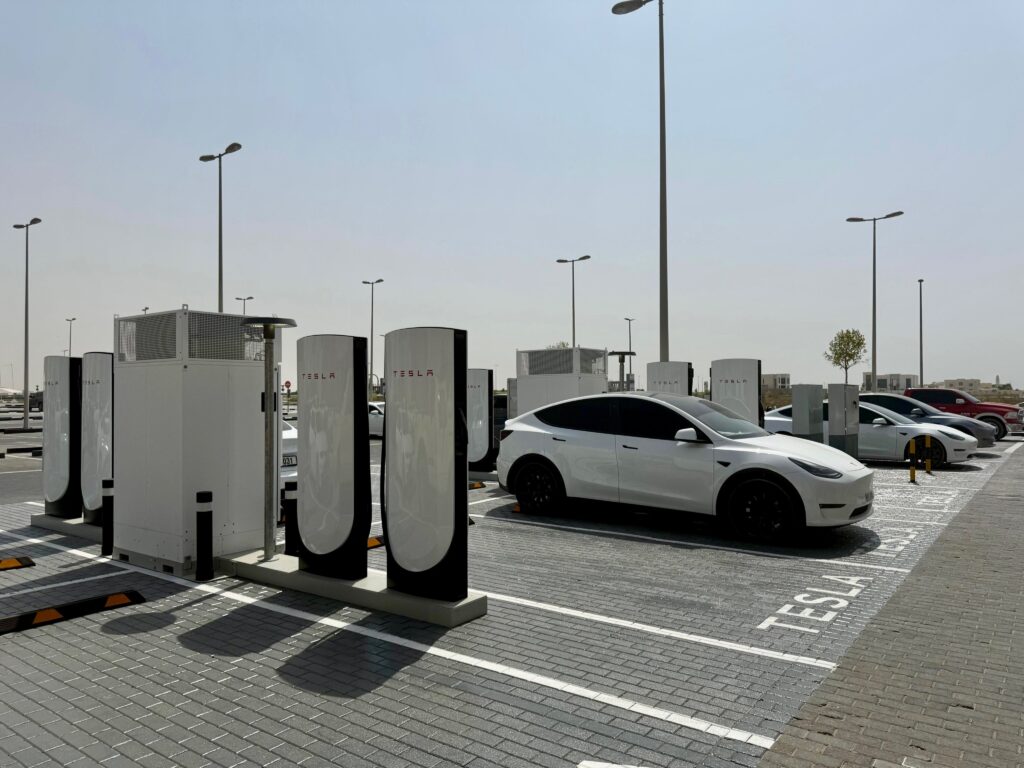
Developers in London, New York and Shanghai are already integrating fast-charging bays into high-rise apartments. In Dubai and Singapore shopping malls compete by advertising how many EV chargers they offer. And in India real estate giants like DLF and Prestige Group are incorporating charging infrastructure as part of their premium branding to attract modern eco-conscious buyers.
From Luxury to Necessity: The New Buyer Mindset
Real estate has always been about location, amenities and connectivity. But in 2025 “connectivity” extends beyond metros and highways. it means being connected to the electric future. Buyers especially millennials and Gen Z professionals increasingly view EV chargers as essential as 24-hour water supply or power backup.
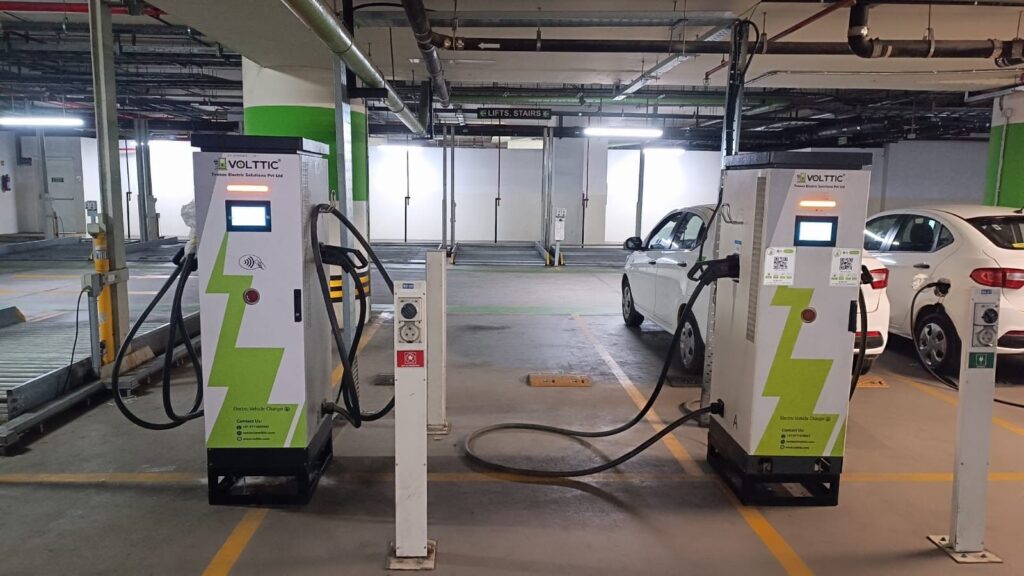
Imagine this: Two apartment complexes in Dubai stand side by side. One offers beautifully designed apartments but lacks EV charging. The other though similar in design offers EV-ready parking spaces with fast-charging support. In a city where EV adoption is booming thanks to incentives and growing awareness which project do you think sells out faster?
The answer is obvious and developers are waking up to it. EV charging is no longer a luxury perk. it is the new real estate currency that determines property value and demand.
The Investment Edge: Higher Property Value & Market Differentiation
Studies from JLL and CBRE suggest that EV charging stations increase property values by 3–7% depending on the region. In commercial properties tenants are more likely to choose and stay in EV-ready buildings reducing vacancy rates.
Think of it like solar panels in the 2010s. Initially seen as futuristic they quickly became a value multiplier for homes and offices. Today EV chargers are on the same trajectory except adoption is happening faster due to government incentives and a global push toward decarbonization.
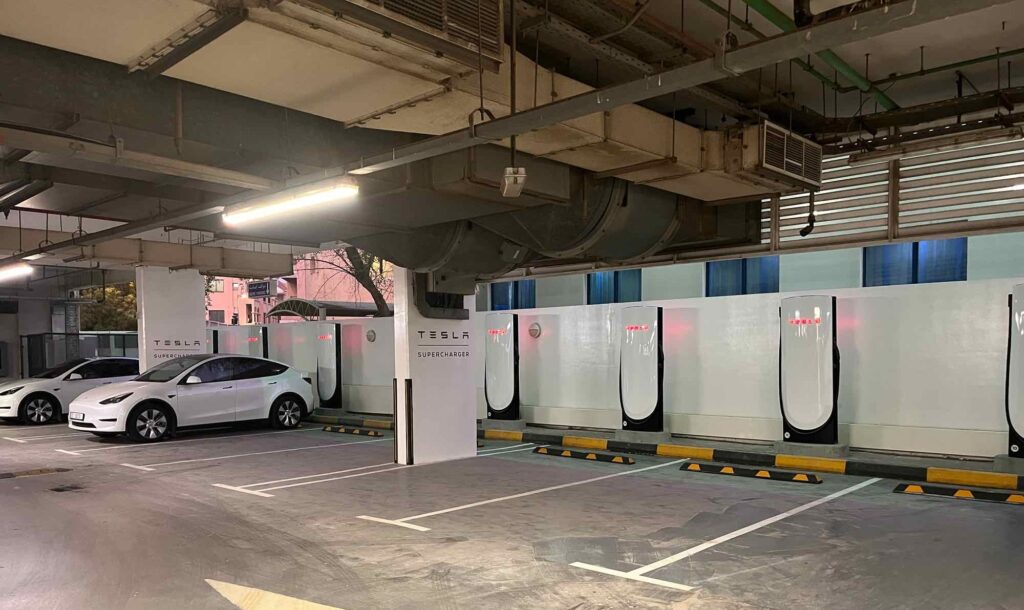
For developers this means a clear investment edge. Properties with charging stations are marketed as “future-ready” appealing to eco-conscious residents, multinational companies and high-end clients.
Policy Push: Governments Are Powering the Shift
What is driving this transformation even faster is global and national policy. Governments across the world are no longer treating EVs as optional. they are setting deadlines for phasing out petrol and diesel vehicles.
- European Union: A complete ban on fossil-fuel car sales by 2035.
- United States: Federal tax credits for EV adoption and charging infrastructure.
- China: Aggressive subsidies and requirements for residential and commercial EV readiness.
- India: FAME-II scheme and mandates for new buildings to allocate a portion of parking spaces to EV charging.
This policy momentum creates a snowball effect. Developers know that failing to include charging points could soon mean non-compliance with regulations making projects harder to sell or lease.
The Commercial Revolution: Offices, Malls and Hotels Go EV-Ready
Beyond residential real estate the commercial sector is witnessing an equally dramatic shift. Corporate tenants now ask about EV facilities before leasing office space. Shopping malls proudly showcase their charging stations as part of the customer experience. Luxury hotels especially in Europe and the Middle East now advertise free EV charging alongside free Wi-Fi.
In India, IT hubs like Hyderabad and Gurugram are adopting workplace EV infrastructure rapidly. Global companies like Amazon, Microsoft and Infosys are pushing developers to provide EV charging in office campuses as part of their ESG (Environmental, Social, Governance) commitments.
This trend will only accelerate as global corporates increasingly link sustainability to brand reputation.
India’s Turning Point: Why Developers Can’t Ignore the Shift

India’s EV adoption may be behind China and Europe but it is catching up faster than expected. Tata Motors, MG, Hyundai and Mahindra are rolling out more affordable EVs. while infrastructure players like Tata Power are setting up thousands of charging stations nationwide.
For Indian developers the opportunity is massive. With government mandates requiring new residential and commercial projects to have at least 20% EV-ready parking. this is not just a chance to differentiate but a necessity. Buyers in metros like Bengaluru, Delhi-NCR and Mumbai are actively seeking projects with EV charging and those without it are quickly seen as outdated.
Beyond Charging: Building a Smarter, Sustainable Lifestyle
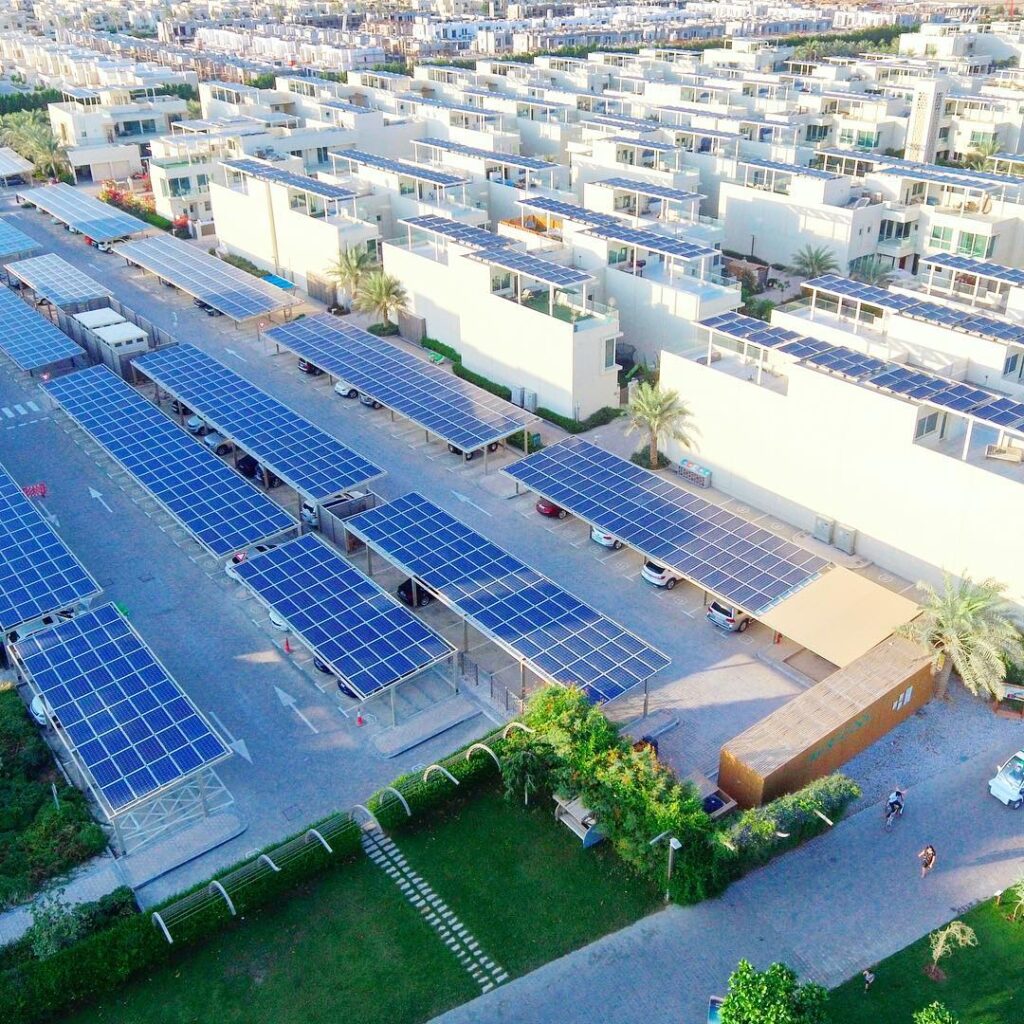
Forward-looking developers aren’t stopping at just installing chargers. they’re integrating smart grids, renewable energy and IoT solutions to optimize the experience. Some are experimenting with solar-powered EV chargers while others are embedding app-based systems for residents to book and pay for charging slots seamlessly.
This evolution positions EV-ready real estate as more than just functional. It becomes aspirational signaling a sustainable, modern and tech-savvy lifestyle.
The Road Ahead: From Competitive Advantage to Standard Practice
The trajectory is clear. Within the next five years EV charging in real estate will move from being a differentiator to becoming a baseline expectation much like elevators in high-rises or air conditioning in commercial towers.
For developers the real question is timing act early and reap branding, value and market benefits or lag behind and scramble to retrofit projects at higher costs later.
The future of real estate is undeniably electric and it is already here. Whether it’s a luxury apartment in Dubai a co-working hub in San Francisco or a gated society in Pune the story is the same properties with EV infrastructure don’t just sell they thrive.

Real estate has always mirrored society’s biggest shifts railways, highways, broadband and now the EV revolution. Developers who embrace this shift are not just selling buildings. they’re selling future-proofed lifestyles. In an increasingly competitive market installing EV charging stations is more than an upgrade. it’s a strategic value-driving move that aligns with global sustainability goals.
In 2025 and beyond the winners in real estate will be those who understand that tomorrow’s buyers are not just purchasing square feet of space they’re investing in a connected, electric and sustainable way of life.

